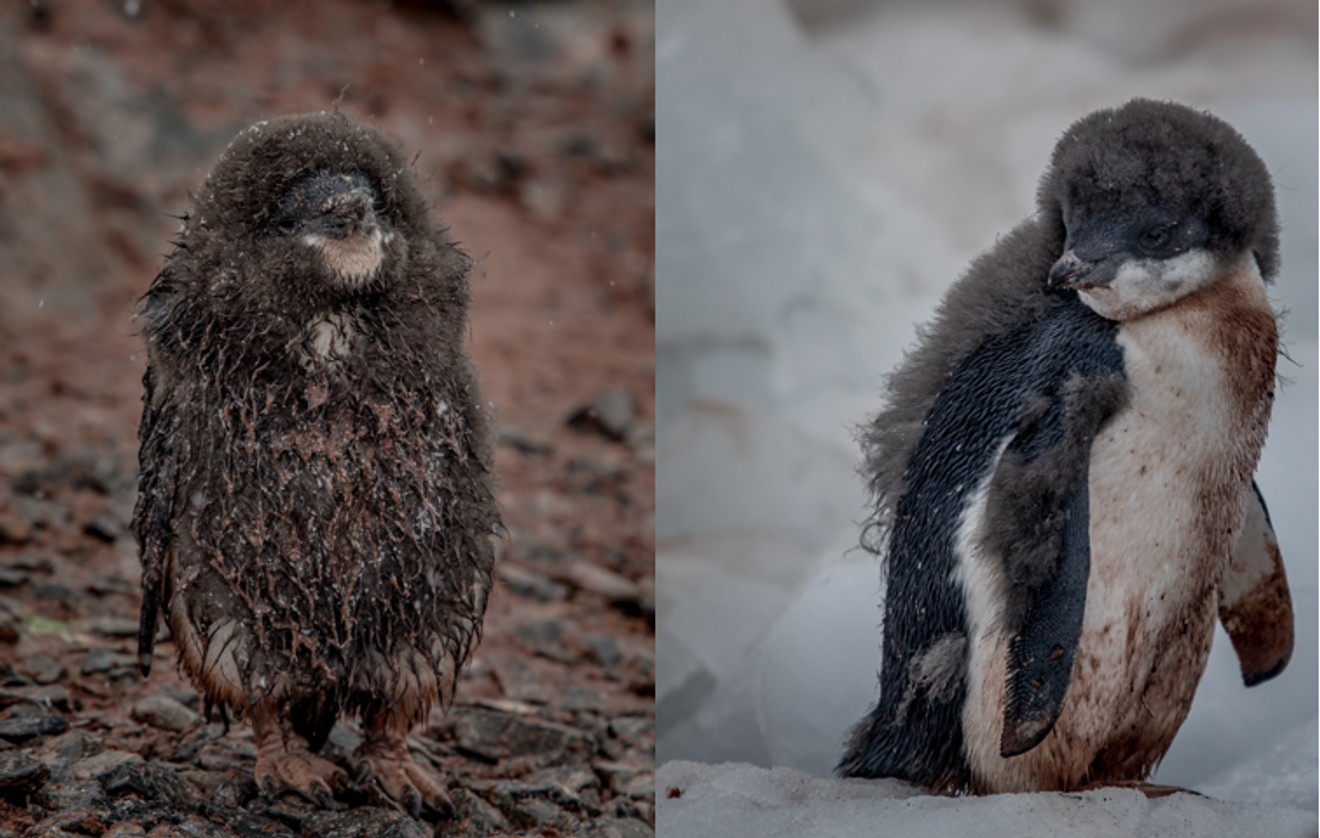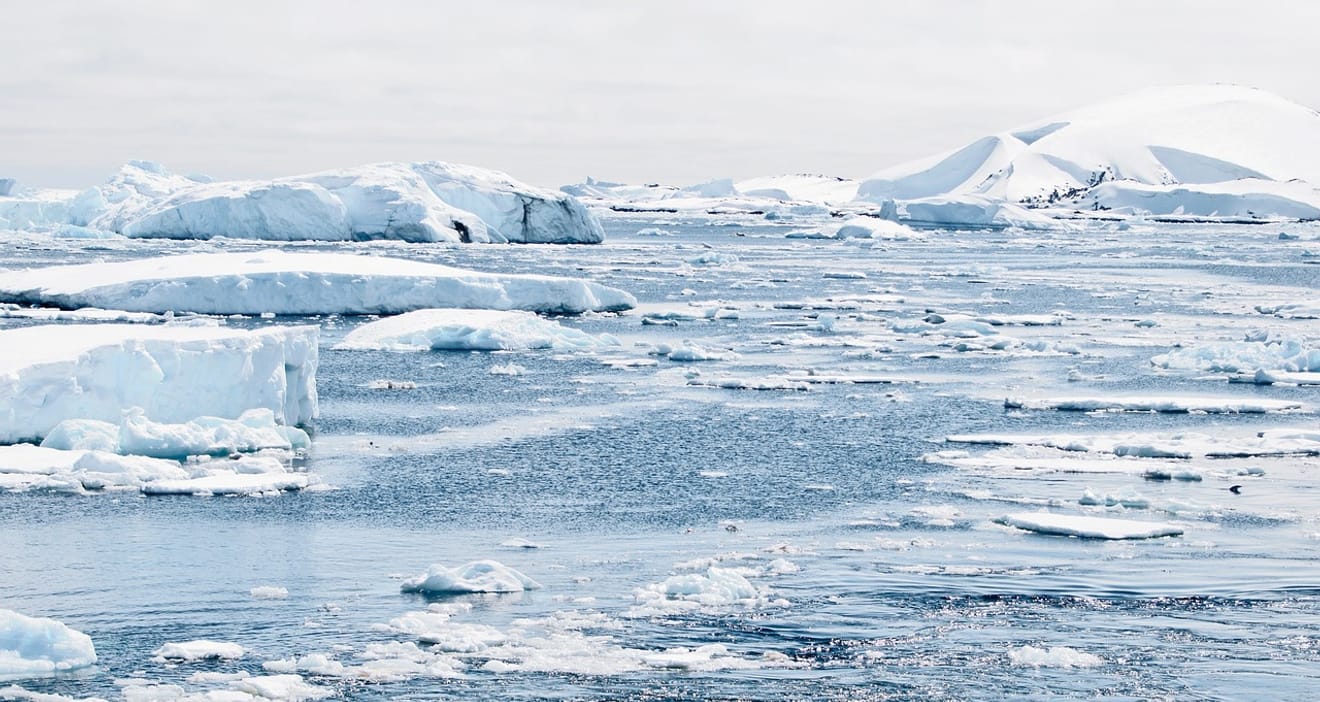Subject
- #Environment
- #Decline of Antarctic Glaciers
- #Climate Crisis
- #Designation of Antarctic Marine Protected Areas
- #Climate Change
Created: 2024-01-17
Created: 2024-01-17 17:44
When we hear the term ‘climate crisis’, we usually imagine an image of a polar bear precariously clinging to a rapidly melting iceberg in the Arctic. We all know that the Arctic ice is melting at an alarming rate. But the danger is not limited to the Arctic. The Antarctic ice sheet is also shrinking.

NASA
The Antarctic ice sheet, which formed about 250 million years ago, began to decline rapidly in the 1980s. Since the Industrial Revolution, the Earth's average temperature has risen, causing even Antarctica, which seemed eternally frozen, to begin melting. In the 21st century, the rate of Antarctic ice sheet decline has accelerated further. Experts say that the current rate of Antarctic ice loss is about three times faster than it was in the 1990s.

NSIDC
The Antarctic ice sheet experiences seasonal increases and decreases throughout the year. However, as shown in the graph released by the NSIDC (National Snow and Ice Data Center), a branch of the US National Oceanic and Atmospheric Administration, the average area in 2022 was smaller than the average area between 1981 and 2010, and the average area of the Antarctic ice sheet in 2023 was smaller than that in 2022. If the Antarctic ice sheet continues to shrink at this rate, it could lead to not only a rise in sea levels around Antarctica but also a global rise in sea levels, resulting in flooding in some areas. Additionally, if the ice sheets in the polar regions, which have low salinity, melt, it could disrupt the global ocean current circulation.

greenpeace
The first organisms to suffer from the shrinking Antarctic ice sheet are the creatures that live there. Among them, emperor penguins, a representative animal of Antarctica, have suffered a devastating loss of about 10,000 penguin chicks due to the shrinking ice sheet. The melting ice has reduced the penguins' habitat, and the chicks were unable to swim in the ocean because their waterproof feathers had not fully grown before the ice melted, making it difficult for them to swim in the ocean.
Microplastics have also been found in the snow that falls in Antarctica. Researchers at the University of Canterbury in New Zealand reported finding microplastic fragments in 19 different locations in Antarctica. They suggest that these microplastics can originate from areas as far as 6,000 km away from Antarctica. While white snow and ice can reflect most sunlight, the presence of dark-colored microplastics in the snow reduces the reflectivity, accelerating the melting of the ice sheet.

pixabay
Furthermore, reports indicate that rain, not snow, has been observed falling in Antarctica. In June and July 2023, several reports indicated that it rained multiple times at a specific Antarctic research station. This is shocking because it was the winter season in Antarctica, when snowstorms should be occurring.
In response to these alarming changes in Antarctica, Greenpeace, an international environmental organization, is campaigning to designate over 30% of the Southern Ocean as a marine protected area. However, due to the prioritization of national economic interests over the protection of the Antarctic seas, these efforts have repeatedly failed. In October 2023, discussions regarding the designation were thwarted by opposition from some member countries, including China, Russia, and Ukraine. Hopes remain that the marine protected area will be designated when the discussions resume in 2024.
We hope that the international community will cease prioritizing its own interests over environmental protection and prevent further instances of environmental damage.
Comments0